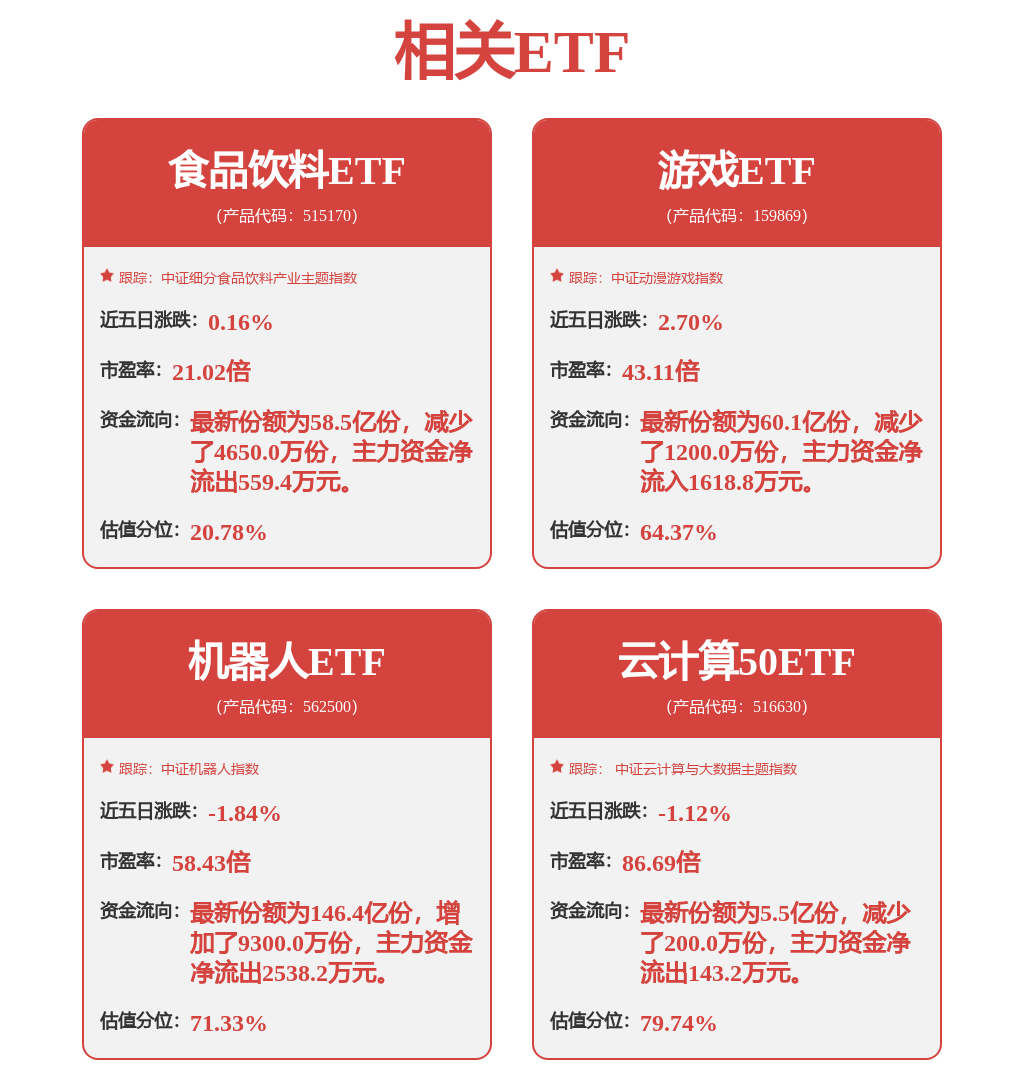GLOBAL MARKETS-Asian shares pause after rally, yen at 4-yr low vs dollar
TOKYO (Reuters) - Japanese equities soared to a 5-1/2-year peak on Friday as the dollar's break above the symbolic 100 yen level underpinned sentiment, while Asian shares fell as global equities took a breather from recent rallies overnight.
The U.S. currency was buoyed as worries about soft patches in the economy faded after Thursday's weekly U.S. data showed initial jobless claims fell to the lowest level in more than five years, following last week's much stronger-than-expected monthly nonfarm payrolls report for April.
"It's global buying of the U.S., with more investors feeling comfortable buying the dollar. U.S. stocks are stabilizing four years after the Lehman collapse. It's a good sign for markets when funds target the U.S., where investors are willing to take on risk," said Goro Ohwada, president and CEO at Japan-based fund of hedge funds Aino Investment Corp.
Signs of a steady U.S. recovery could refuel speculation over the Federal Reserve scaling back its aggressive quantitative easing to push up U.S. yields, attracting funds from lower-yielding countries such as Japan.
Capital flows data showed Japanese investors were net buyers of foreign bonds in the last two weeks, reversing their relentless net selling since late January. They repatriated a total of 9.33 trillion yen in January-April.
The dollar extended its gains from Thursday to rise to a fresh four-year high of 101.20 yen, having stalled for a month after reaching a high of 99.95 yen in early April. The dollar was last at 100.92 yen, while the euro rose to 131.91 yen, its highest since January 2010.
"The market is returning to where it should be, to buying the dollar, mainly driven by the notion that the U.S. economy is on a positive track as seen by the jobs reports," said Hiroshi Maeba, head of FX trading Japan for UBS in Tokyo.
"The dollar buying after the initial jobless claims may have been a factor, but failed attempts to break the 100 yen had lightened positions and cleared the way for such a move. The euro's break below $1.3050 also helped remove a cap on the dollar," he said.
Maeba added that the dollar may see a near-term correction to the downside, but the 99 yen level will now signal a buying opportunity and markets may test 102-103 yen in coming weeks.
The yen's resumed downtrend is a boon for Japanese exporters and expectations of robust earnings drove the Nikkei stock average up 3 percent to its highest since January 2008. The index is up 6.5 percent so far this week, on track for its biggest weekly gain since December 2009 when it jumped 10.4 percent.
The currency moves had diverging impacts on Asian shares.
MSCI's broadest index of Asia-Pacific shares outside Japan shed 0.6 percent, after climbing to its highest since July 2011 on Thursday. For the week, the index is set for a gain of 1 percent.
U.S. stocks slipped from record highs on Thursday while the pan-European FTSEurofirst closed flat to stay near five-year highs.
Australian shares rose 0.3 percent after hitting a fresh five-year high earlier, as strong gains in the banking sector and companies with a strong exposure in the U.S. market rallied on the back of the dollar's gain against the yen. The Australian dollar hit a 10-month low of $1.0046 overnight.
"Whenever the U.S. dollar gains this much against the Australian dollar, then companies that make most of their earnings in U.S. returns will always look more attractive," said Stan Shamu, market strategist at IG.
But the yen's decline hurt South Korean shares , which fell 1 percent, dragged lower by exporters on concerns that a weaker yen would curb their competitiveness against their Japanese counterparts, although the dollar's rise pushed the South Korean won sharply down to a one-week low.
Chinese shares were subdued, with Hong Kong down 0.2 percent while Shanghai inched up 0.1 percent.
A firm dollar capped prices of dollar-based commodities.
London copper eased 0.1 percent to $7,344 a ton while spot gold added 0.2 percent to $1,460.81 an ounce.
U.S. crude futures fell 0.3 percent to $96.12 a barrel and Brent eased 0.2 percent to $104.29.
Analysts said the dollar's direction against the yen from here largely depends on U.S. economic indicators, with a strong outlook for the world's largest economy likely to spur investment flows out of Japan, which is taking aggressive reflationary policies and depressing yields.
"The USD strength may prove short-lived unless backed by incoming April U.S. cyclical activity data showing a pickup in growth momentum from the softer tone in March. A series of key U.S. economic data next week, especially retail sales on Monday, will be critical from this perspective," Barclays Capital said in a research note.
<^^^^^^^^^^^^^^^^^^^^^^^^^^^^^^^^^^^^^^^^^^^^^^^^^^^^^^^^^
Yen exchange rates: http://http://www.zjjv.com///fav65s
Yen futures positioning: http://http://www.zjjv.com///qet48s
Asset returns in 2013: http://http://www.zjjv.com///dub25t
^^^^^^^^^^^^^^^^^^^^^^^^^^^^^^^^^^^^^^^^^^^^^^^^^^^^^^^^^>
(Additional reporting by Thuy Ong in Sydney; Editing by Eric Meijer)
(c) Copyright Thomson Reuters 2013. Check for restrictions at: http://http://www.zjjv.com///fulllegal.asp




